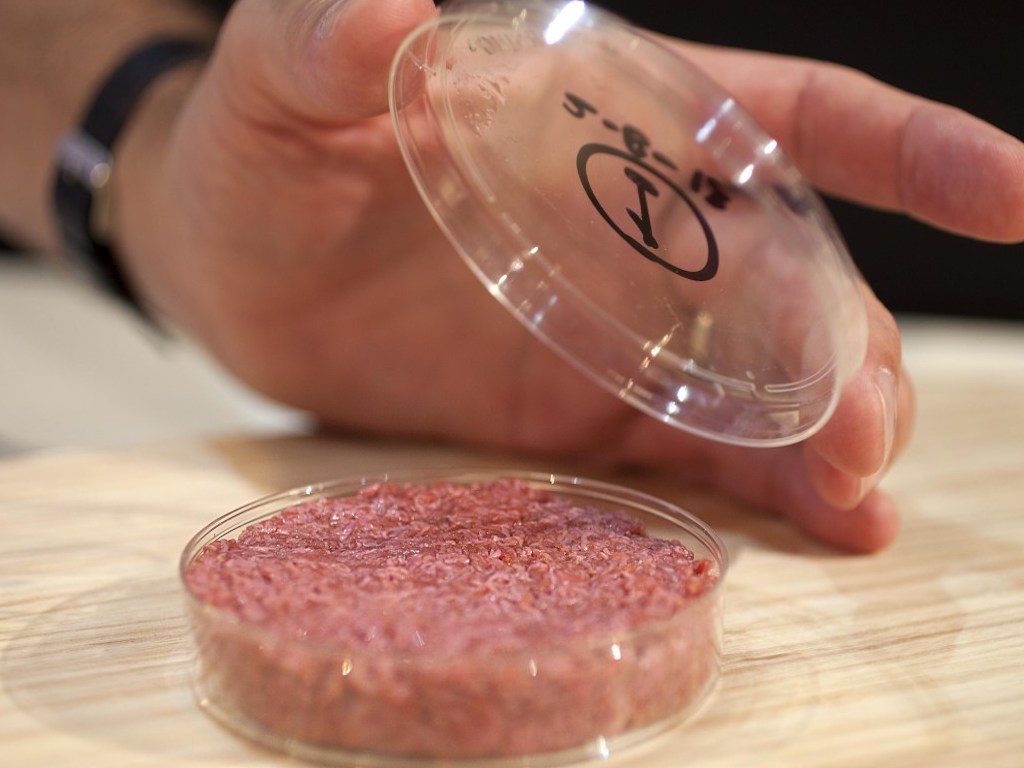How Mosa Meat Ditched Fetal Bovine Serum and Bioengineering In Its Cultivated Meat
3 Mins Read
Leading cultivated meat brand Mosa Meat has made public how it replaced the controversial growth medium, fetal bovine serum, without genetically altering cells. The findings are published in the journal Nature Food.
“Today, we are excited to share that we have published a peer-reviewed article in Nature Food which reveals how we achieve muscle differentiation without the use of FBS [fetal bovine serum] and without genetically modifying the cells in any way,” the company said in a statement.
“In the study, we describe changes that occur to stem cells when they turn into muscle through a process known as serum-starvation (a process of abruptly reducing FBS in the cell feed),” the company said.
RNA sequencing
“Using a method called RNA sequencing, we can study the changes in gene expression that the cells undergo when they differentiate into muscle.”
The paper describes the company’s processes and differentiation medium ingredients to achieve muscle fibers that deliver the same structure and chew of meat.

“Although the decision to publish this information could be seen as competitively sensitive, we highly value openness and transparency for the advancement of the entire cellular agriculture field,’’ Mosa Meat CEO Maarten Bosch said in a statement.
“We’re also dedicated to creating a healthy business and protecting our intellectual property. Having made significant progress since submitting this paper over a year ago, we are convinced we are striking the right balance with this publication.’’
FBS
The cultivated meat company, founded in 2016, said it first removed FBS in 2019. The growth medium is highly controversial as it comes from cows. Cultivated meat is being positioned as an environmentally friendly alternative to conventional meat production, but reliance on FBS keeps the industry tethered to animal products. Mosa Meat says the ingredient is not sustainable, ethical, or scalable.
“We were particularly interested in proteins on the surface of cells that increase during differentiation. By specifically activating these proteins (known as ‘receptors’), we are now able to recreate the same transition in the absence of any FBS,” the paper’s lead author and PhD candidate at Mosa Meat Tobias Messmer said.
The company says there has been continued debate around the topic of FBS in recent years as the technology has become more widespread.

“This is really a milestone for us and for the cultivated meat field, because there’s no method out there that describes the differentiation of primary satellite cells if you don’t want to use FBS or genetically modify your cells,” said Mosa Meat scientist and corresponding author on the publication, Dr. Joshua Flack.
While the information is now public, the company says it filed a patent for the cell feed formulation, protecting it for commercial use.
Cultivated meat regulatory approval
To date, cultivated meat has only received regulatory approval in Singapore, where Eat Just’s chicken was made available through the restaurant 1880.
But other approvals are expected to follow. In the U.S. Bay Area startup Wildtype says it has already secured distribution partnerships for its cultivated fish once regulatory approval comes through.
Mosa Meat’s team, led by scientist Mark Post, delivered the world’s first cultivated meat burger in 2013 where it was estimated to cost about $330,000 to produce.
Lead image courtesy of Mosa Meat.



